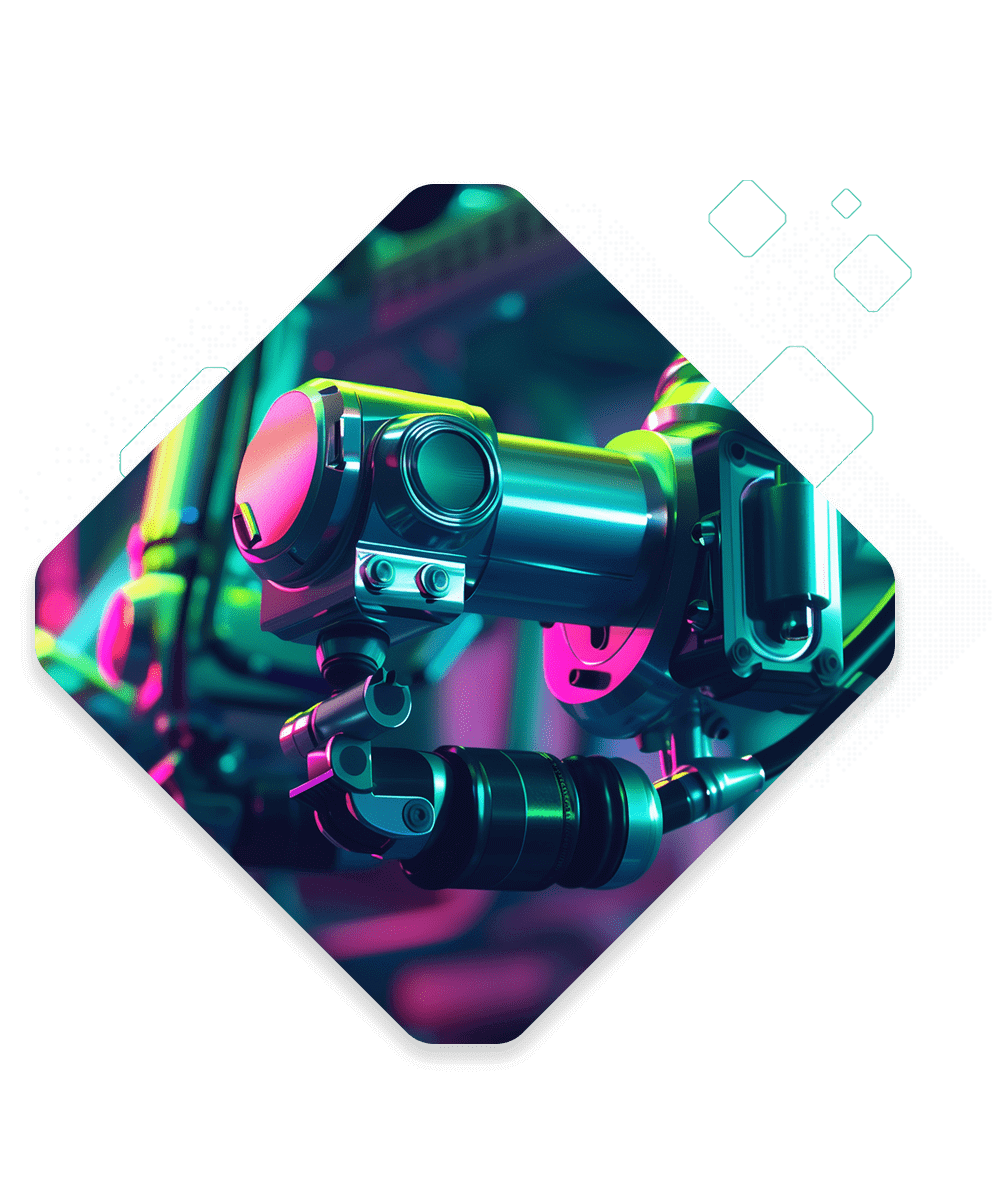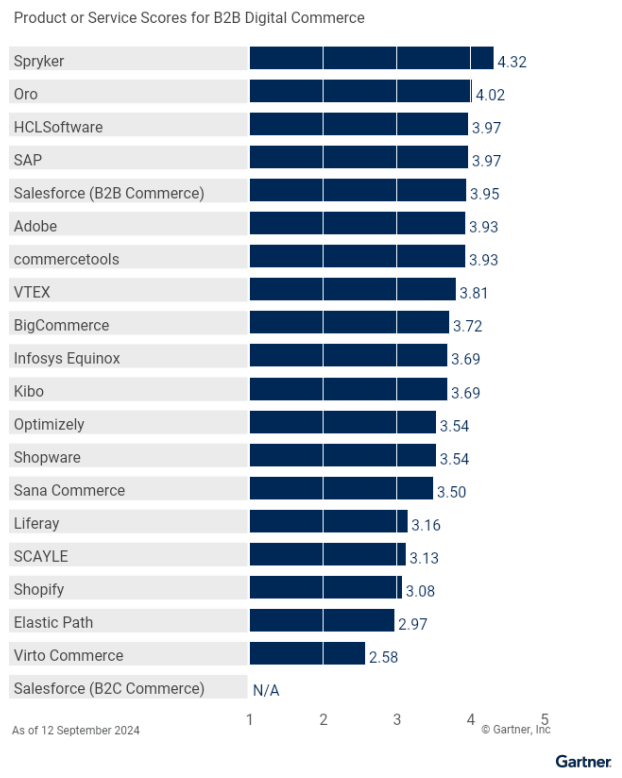"Our previous provider did not offer us the same capabilities as Spryker to efficiently implement country-specific customizations such as languages, content, or store features, including a large number of different storefronts."
INDUSTRIES | Industrial Goods
How can Industrial Goods Companies Excel in Digital Transformation?Digital transformation offers a range of benefits to manufacturers of industrial goods. As well as improving operational processes, enhancing product quality, and increasing customer satisfaction, manufacturers can utilize new technologies to navigate an increasingly unpredictable business landscape.
As digital transformation continues to shape the manufacturing industry, manufacturers of industrial goods must embrace new digital solutions to ensure their overall competitive advantage.




















